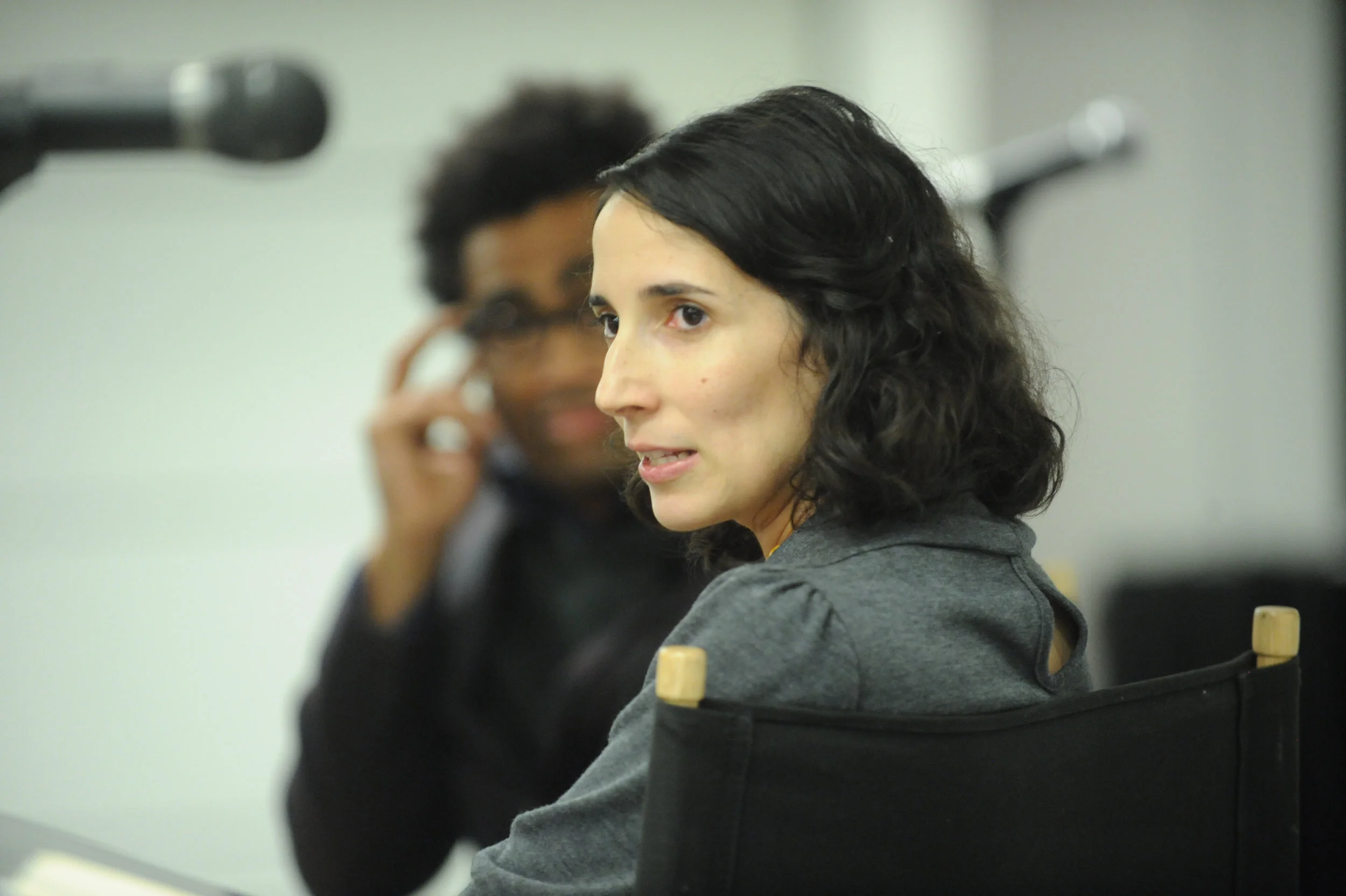Maybe that’s the “savage” part of Urrea’s statement. Or maybe it’s the subject matter of the novel. Maybe it’s that the book dares to criticize masculinity openly, the absurd codes of the street, the dismal conditions into which impoverished children are born and how futile the fight to extract oneself from this situation often is. Maybe it’s that the book critiques the Chicano community itself. I think it’s long overdue. But that’s just my take on things.
A Place of Longing, Ivelisse Rodriguez Interviews Jennine Capó Crucet
I recently heard from a student of mine who’s El Salvadorian, and she told me she finally understood the book’s title story now that she’s been away at college for a year. Most of the response has been geared toward the book’s approach to class issues, its treatment of Miami as a landscape, and the way the characters handle their budding sense of what it means to grow up as “other” in the U.S. while still seeing it as home.
Sound & Image, Naomi Extra Interviews Amaud Jamaul Johnson
I think if you want to talk about the larger American problem, the larger American problem, poetry and otherwise, is ahistorical. A disconnect from the past. You know, like people who wake up in the morning, put on their underwear, and think that the world’s brand-new. Black people don’t have that luxury. If we don’t remember how we got here, if we don’t try and maintain those connections within family and across generations we’ll fall apart, because then we get sucked into the same traps.








